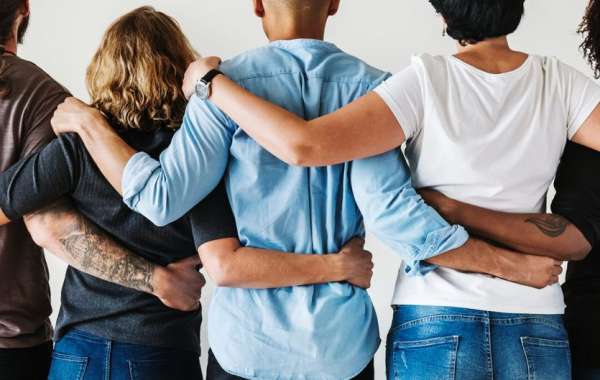Opioid Use Disorder (OUD) is a health condition that occurs when a person has a problematic pattern of opioid use that causes distress or interferes with daily life. It includes both physical dependence and psychological addiction.
People who have OUD can’t reduce or stop their drug use, even if it leads to problems in their personal and family life. They have a strong urge to take more opioids and have difficulty controlling their use. This can lead to social, emotional and financial problems. It can also cause problems at work or in school.
Opioids are a group of drugs that include morphine and other natural and synthetic substances. They act on nerve cells in your brain and body to dull pain and produce a feeling of well-being. When taken as prescribed by your doctor, they are safe and effective. However, if you take too many or for longer than your doctor recommends, they can be addictive. They can also interact with certain medications, such as antidepressants and antibiotics.
Taking opioids for too long or in higher doses than prescribed can cause serious health issues. They can make it hard to breathe, slow your heart rate and raise your risk of seizures. They can also increase your chances of getting infections like hepatitis B, hepatitis C and human immunodeficiency virus (HIV) if you share injection equipment. They can also cause liver, kidney and pancreas damage.
Addiction can be caused by genetics, mental illness and other factors. Having a mental health condition such as depression, post-traumatic stress disorder (PTSD) or anxiety can increase your risk of addiction. People who have been physically abused or traumatized are also more likely to have substance abuse problems.
The good news is that there are many treatments for OUD, including medicines such as methadone, buprenorphine and lofexidine. These medicines act on the same targets in your brain that opioids do, so they decrease cravings and withdrawal symptoms without making you feel high.
Medications alone are not enough for most people to recover from OUD, but they can be used in combination with other treatment options. Support groups, such as Narcotics Anonymous, are also important for recovery. And counseling and other therapies may help you cope with the stresses of recovery. Hear from a person in recovery, a peer and a healthcare provider about how Cayuga County is supporting people on their path to recovery from OUD in our HEALing videos. They are available in English, Spanish and Creole on our HEALing YouTube channel. You can also download them for free in our HEALing Resource Guide.







